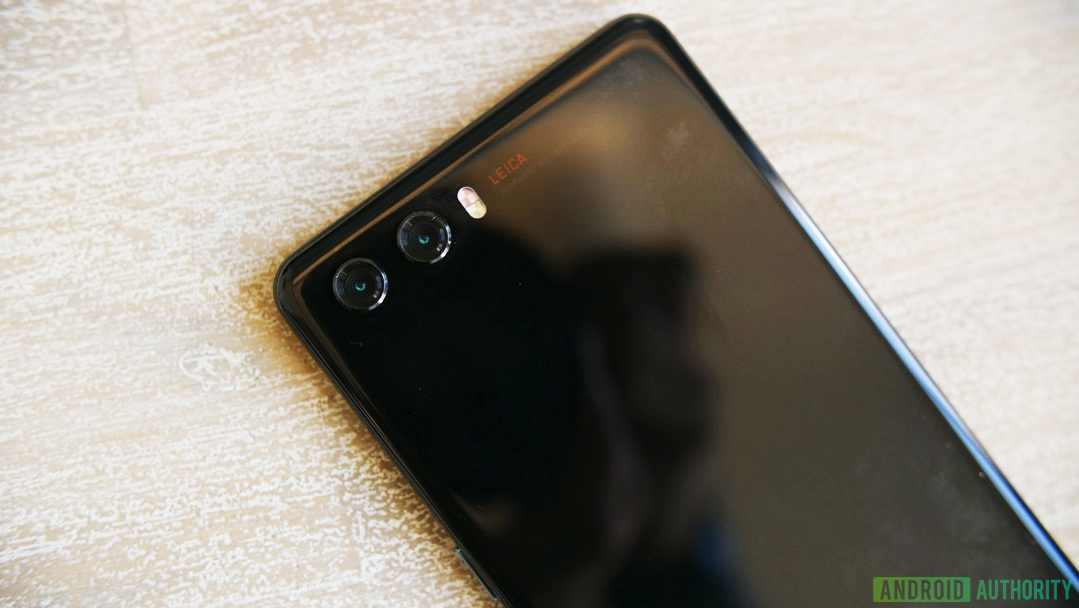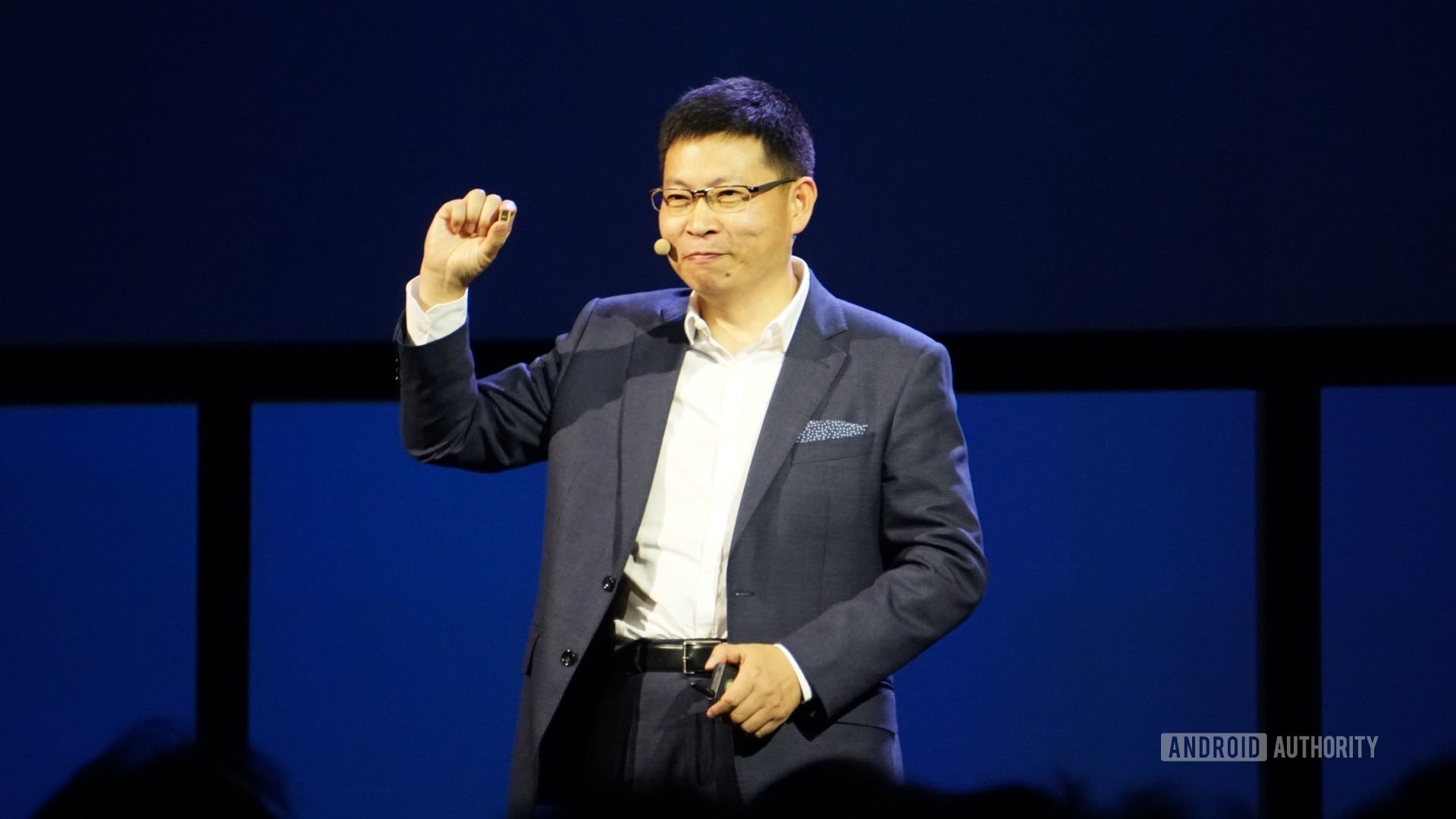Smart Android And Trik-Commenting on Andorid indeed never endless, because smart devices this one is often updated every certain amount of time. So that the market can always be garapnya menerinya with pleasure. And it is not denied if this device has become the lifestyle of each society. To not wonder if the 6th business information and many are turning to mobail smartphone. With Android which thoroughly dominated the mobile industry, choosing the best Android smartphone is almost identical to choose the best smartphone, period. But while Android phones have few real opponents on other platforms, internal competition is intense.

- By examing the firmware of EMUI 8.1, XDA Developers discovered that Huawei is creating a virtual assistant for the Chinese market.
- Both Google's and Amazon's virtual assistants do not support Chinese languages, leaving China as an untapped market.
- While Huawei has made no official announcement of its virtual assistant, the firmware code makes it seem inevitable that we'll hear about it soon.
While most of the world thinks of Amazon's Alexa and Google Assistant when it comes to virtual assistants, not everyone finds them so useful: neither platform currently understands Chinese. Yes, you can ask both assistants to translate something into Chinese (and Amazon has some big plans when it comes to translation), but you can't ask the systems a question in Chinese.
Huawei is apparently looking to jump into this untapped market by creating its own virtual assistant specifically for China. There are multiple international Huawei products that integrate either Google Assistant or Alexa, but not in the versions sold in Chinese markets. If Huawei had its own virtual assistant, it wouldn't have to wait for Google and Amazon to add Chinese language support.
XDA Developers found that, apparently, Huawei has a virtual assistant called HiAssistant that will roll out in future Chinese-market Huawei smartphones, such as the P20 and P20 Plus. The information comes from firmware files taken from the Chinese version of Huawei's Mate 10 EMUI 8.1 release, which is based on Android 8.1 Oreo.
Now, there are some caveats here. First, the assistant will only run on devices with the Kirin 970 SoC, as other chips in Huawei devices do not have a dedicated NPU (neural processing unit) to run the full-blown virtual assistant. Also, the Android version must be EMUI 8.1, the phone must be designed to be sold in the Chinese market, and you must be able to speak and understand Chinese, clearly.
Some Chinese users might know of the app HiVoice that comes preinstalled on some Huawei devices. With HiVoice, Chinese-speaking users can do simple things like ask for the GPS location of the device, make a phone call, etc. HiAssistant will be a much more advanced version of HiVoice, similar to how Google Assistant is an advanced version of Google Now.
Using HiAssistant, a user will be able to control nearly every setting on the device with their voice, such as Bluetooth, Wi-Fi, volume levels, brightness, etc. You will also be able to search for food, airplane tickets, navigation routes, videos, albums, movies, TV shows, and more.
Likely to be included with HiAssistant will be HiVision, which seems to be a clone of Google Lens. Using your phone's camera, you can frame a shot around an object and HiVision will give you more information about that object. For example, you could focus your shot on a toy a child is playing with at the park, and HiVision will tell you what that toy is and how to buy it for your own child.
Huawei has, as of yet, made no official announcement of HiAssistant, so all of this should be taken with a grain of salt. However, with the launch of the P20 and P20 Plus only a few weeks away, we can most likely expect to get more news about HiAssistant soon, since those devices will presumably be some of the first to support the new assistant.
from Android Authority http://ift.tt/2tpqbs6
via IFTTT


0 Response to "Huawei creating its own virtual assistant for Chinese market"
Post a Comment